A lot of attention has been directed to US President Trump’s contentious 28 February meeting with Ukrainian President Zelenskyy in the Oval Office of the White House.
Given the sensitivities on all sides, it is imperative to keep our wits about us and to consider in the cold light of reason what this might portend for us, and what we Romanians should do about it.
By all accounts, a day that was set to make progress on an economic deal that would demonstrate concrete and enduring US interest in Ukraine—and which over time could have become the rational basis for a postwar US-Ukraine partnership—ended in disaster for Zelenskyy.
The entire world now understands that the war in Ukraine has not proceeded according to expectations and in fact has been a divisive issue for the Western world including in NATO. Indeed, even the least aware among us can now see that Western discourse about unity of purpose regarding Ukraine, a constant in Washington and European capitals since the Russian invasion three years ago, masked a far more complicated reality. Even before the Trump-Zelenskyy meeting there were signs of this growing divergence in the increasing attention paid to contrary perspectives as the grim reality of the situation in Ukraine became more apparent, and in elections results from both sides of the Atlantic.
As any practical businessman will tell you, any transaction should be met first by understanding the realities on the ground. This is crucial to building a wise strategy. This includes a clear assessment of the strengths, weaknesses, and above all the fundamental balance of power, financial or otherwise, that defines the prospects for cooperation or competition among the players on any particular matter.
In my view, President Zelenskyy clearly has not analysed correctly the state of play in Washington. He seems oblivious to the electoral mandate President Trump won to bring an end to the war, and to the unassailable fact that the real political, financial, and military power upon which Kiev relies is almost wholly in Washington. He seems to think that the tactics he used on a largely incapacitated President Biden and his team would work on new President Trump and his administration, despite all indications to the contrary. Like it or not, Zelenskyy needed to understand the situation. He failed spectacularly.
Equally troubling is that it is quite possible that Zelenskyy relied on bad advice from elements in the United States opposed to Trump, and that this encouraged him to make demands for immediate security guarantees that he frankly is in no condition to make.
It is somewhat clear that political or other zones of pressure may prevent Zelenskyy from adopting a more realistic policy.
Consequently, the meeting with Trump—who in fact “holds all the cards,” as he himself told Zelenskyy in the Oval Office—was a fiasco for Ukraine, which has seen so much destruction and loss of life, and for which there was little prospect for a military reversal of the present trend. Moreover, Zelenskyy has alienated his most vociferous backers in the Trump’s Republican Party, who praised him as recently as two weeks ago but now castigate him for the disrespect he displayed in the Oval Office and are calling for his immediate resignation.
Zelenskyy’s trip to London for a meeting of European leaders this past weekend outwardly appeared to be a success, but on closer observation reflected the same pathologies that undermined the Ukraine cause in the United States. Zelensky was warmly greeted by Prime Minister Starmer and other European leaders, some of whom are calling for “new leadership of the free world” out of long and barely concealed spite for Trump. However, despite their words of encouragement, the Europeans do not agree on the course to take in Ukraine and do not have the means or the willpower on their own to support Ukraine militarily in any meaningful way.
The effect of all of this is only to worsen Zelenskyy’s situation by encouraging him to continue a war with Russia and subject Ukraine to even more permanent damage, making a peace process more difficult. Strategically, Zelenskyy’s rebuff of Trump and apparent turn to Europe would only benefit Putin.
Trump has told Zelenskyy he can return to Washington only when he is sincerely ready to make peace. For the good of Ukraine and the West, he should accept reality immediately.
This is the situation.
And so, what of Romania?
In recent weeks I have written articles expressing my concerns that Romania has not fully comprehended the direct and clear messages from the Trump Administration concerning Transatlantic relations, even though several key leaders cited Romania as one of several examples of a Transatlantic disconnect. If this persists, it will have profound effects not only on our beloved homeland but on Western civilization itself.
My previous articles can be read here și here.
Romania is in NATO and the EU, and so in one sense it is understandable that interim President Bolojan would attend the meeting in London. Presumably he wanted to hear directly from Starmer and French President Macron about their own recent meetings with Trump, and their plans to “support” Ukraine in the wake of Zelenskyy’s failures in Washington.
The danger, however, is that Romania will be under pressure to side with its EU and European NATO partners not only to “support Ukraine,” but also implicitly against the United States’ position.
Doing so would be epically foolish which would likely be read in Washington as a failure to appreciate the gravity of the situation and perhaps to call into question ties with the United States.
Romania is not new to this situation. Throughout our history we have had leaders who understood how to navigate in troubled waters. We need that leadership now, perhaps more than ever.
***
Dr. Nawaf Salameh is a visionary entrepreneur and philanthropist, Founder and Chairman of the Nawaf Salameh Family Office and Alexandrion Group, a leading producer and distributor of spirits and wines in Romania and internationally; his career is marked by innovation, strategic investments in renewable energy, agriculture, and hospitality, as well as a strong commitment to supporting culture, education, and excellence through the Alexandrion Foundation.



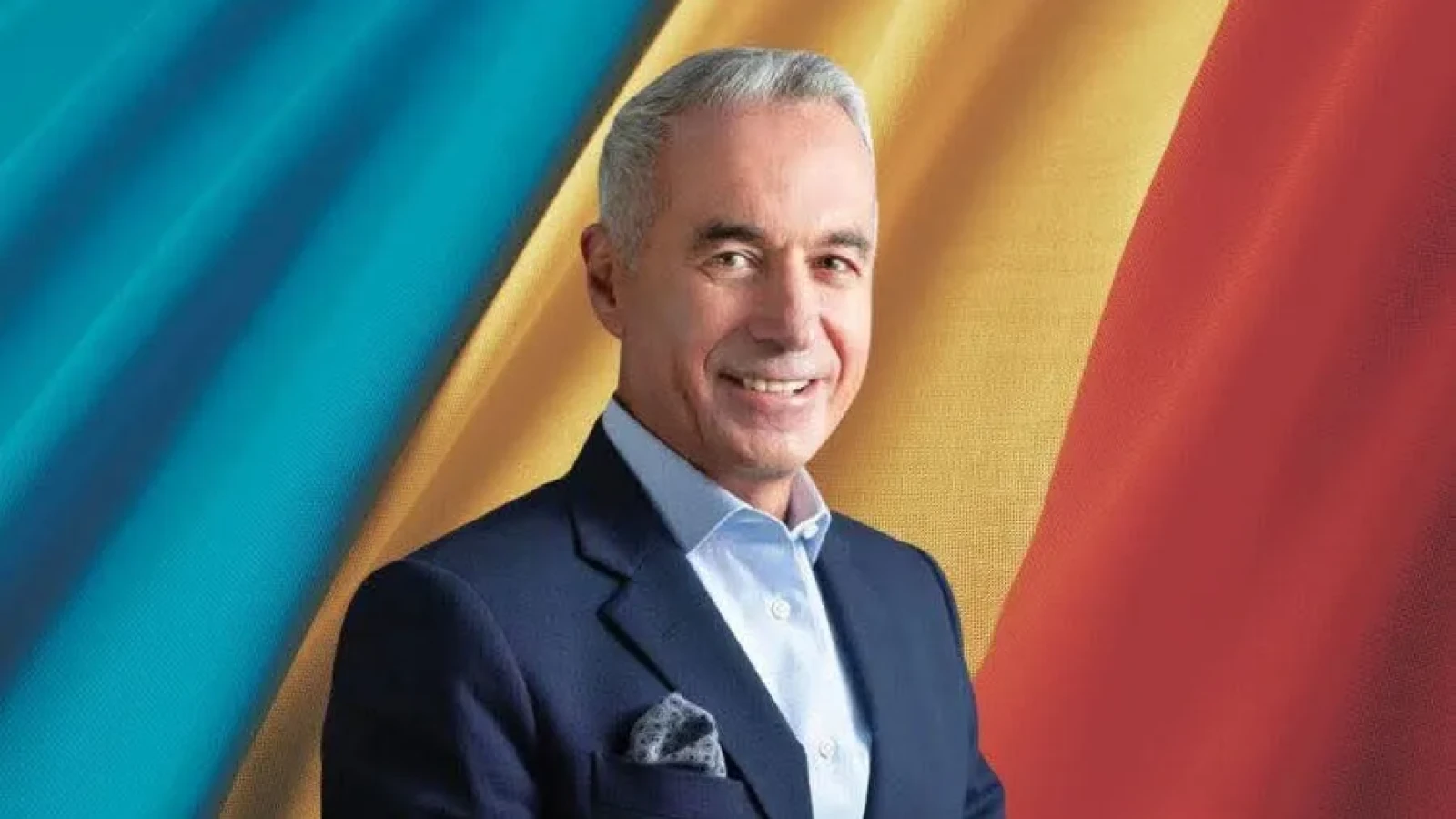


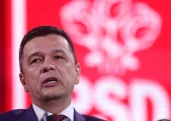





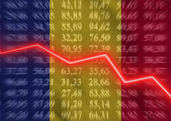


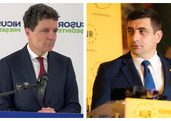
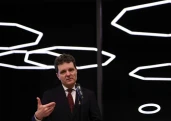




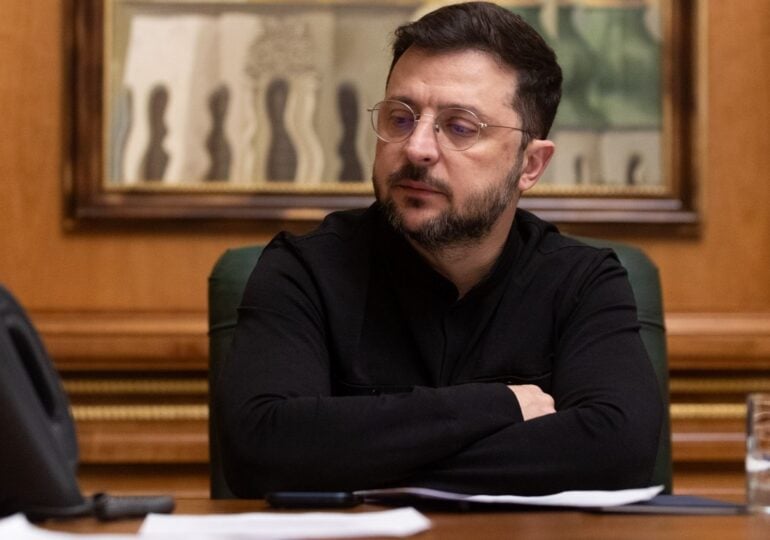






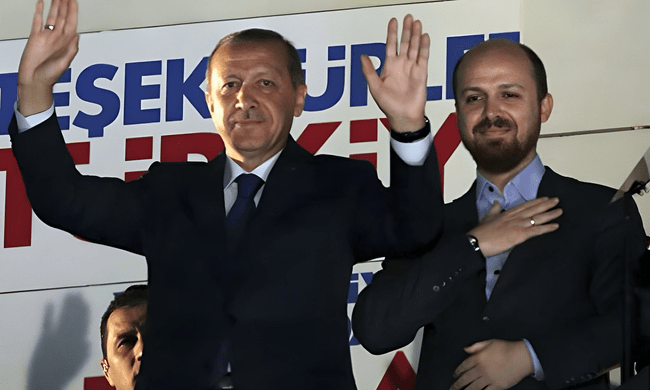



Comentează